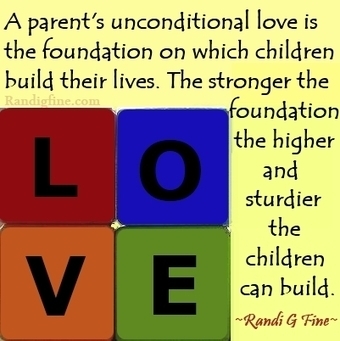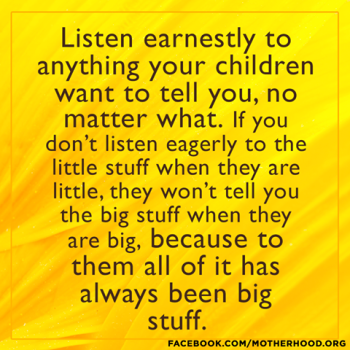It can be a heartbreaking ordeal, when your child’s been ordered to serve time at a juvenile detention facility. You may feel you have lost touch with your child. You both may be angry and resentful about what’s happened. There are some ways you can help your child and positively look towards the future instead of focusing on the disappointing past.
Express Unconditional Love
It may be very difficult for you to understand what led your child to make the decisions that landed them in detention.
Express your love for them and your hope for a repaired relationship. When teenagers think you have ulterior motives for being their friend or confidant, they will shut down – show genuine unconditional love first, and then you’ll have a better chance of helping them to work through their problems.
Look at the Options After Detention
Depending on how long your child will be in juvenile hall, you may be responsible for finding care after their release. You will need to decide if you are comfortable having them back at home with other family members or if continued treatment in a rehab facility or halfway house would be a better choice.
Whatever you choose, good counseling is vital for their success. Once they are in detention, it is best to focus on the future. There is no point in dwelling on the mistakes of the past when the punishment is already established. Move on and your teen will too.
Stay Current with Their Progress
In order for you to make a positive, helpful decision about your child’s continued care, you need to stay up to date on their progress via the staff at the detention center where they are serving time. Ask questions and check in often to see if there is anything you should know to make informed decisions.
Some juvenile detention centers will allow visitors, so if your child allows, make an effort to meet with them when you can. Parents have a way of sensing how their children are doing just by seeing them face to face and looking in their eyes.
You may see a change in their face, body language or attitude that isn’t as obvious in emails or over the phone. Whether you make frequent visits, or check in with the staff, do your best to stay informed of your teen’s progress.
Give Counseling a Try

Having a third party like a counselor there to mediate between you and your child, you can start to smooth things over and rebuild your relationship. While counseling can be painful and even awkward at times, it could be exactly what your relationship needs to make it through this difficult time.
Listen to Your Child
Everyone wants to be heard. Even though your child made some decisions that ended up being detrimental to themselves (and possibly those around them), it doesn’t mean they can’t be repaired. Mistakes are made, especially in youth, and a judge made a decision a detention facility was the best place for your child.
Listen to your child and be positive in your interaction. You don’t have to excuse their actions, but be someone they can talk to. If your phone calls and visits are limited, try to make these interactions productive and focused on the future. Accepting responsibility for their actions will hopefully be a part of this future as they get back on the right track.
Your child needs guidance and support if they are to change the direction their life is going, and as their parent, you are a key influencer in this process.
Their time in detention will be a pivotal crossroads, and with your help, your teen can start to heal and make better choices—giving them a greater chance of success and change in the future. The information for this article was provided by the professionals of Keyser Law, who specialize in DUI charges, criminal practice, and more.








